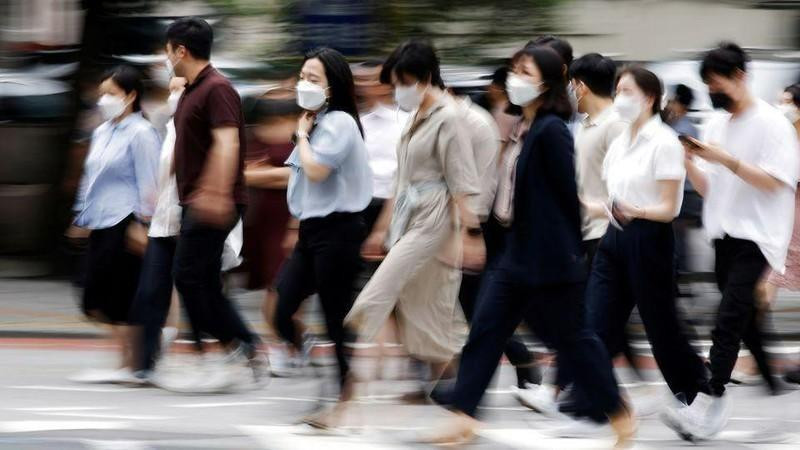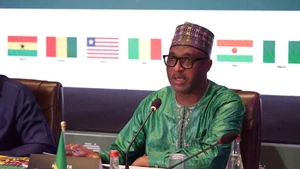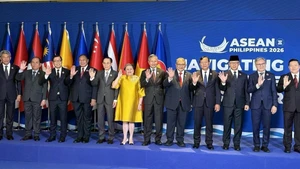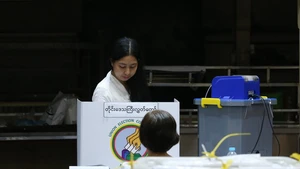According to statistics from the Organisation for Economic Co-operation and Development (OECD), up to 33% of people aged 70 to 74 in the Republic of Korea (RoK) - one of the fastest growing ageing populations in the world, still, participate in working.
This rate is much higher than the average of 15.2% in OECD countries. 58% of people aged 60 and over in the RoK are still part of the labour force, but that is not enough to alleviate labour shortages in the industrial and agricultural sectors, in Asia's fourth-largest economy.
Due to the impact of the COVID-19 pandemic, the number of immigrants entering Australia in the last three years has continuously decreased, leading to a serious labour shortage on a large scale. Employment data for July 2022, released by the Australian Bureau of Statistics (ABS,) showed that the unemployment rate in "kangaroo country" was at a record low of 3.5%. The figure reflects an increasingly tight labour force, while the demand for recruiting and retaining employees is high.
In 2020, Germany passed a law, which is supposed to encourage the roughly 400,000 foreign workers Germany needs each year. However, in the first year of implementation, Europe's largest economy attracted only 30,000 workers.
The results of a survey conducted by the Association of German Chambers of Commerce and Industry, at the end of July, showed that about 56% of companies in Germany are short of employees. The German Federal Employment Agency also recorded nearly 150 industries in a state of congestion due to a shortage of workers.
At restaurants and eateries in Germany, there may be many empty tables, but diners still have long wait times, due to the lack of staff and chefs. At train stations and airports, train and plane delays or cancellations, due to a lack of workers, are more frequent.
The RoK's Ministry of Labour said it will speed up the entry process for migrant workers, smooth administrative procedures for foreign workers, and strengthen the support for each industry.
The RoK's Ministry of Justice has announced the launch of the so-called region-specific visa, which will come into effect from October, for foreigners who want to live and work in Korean rural areas. Skilled foreign workers, who meet certain criteria, will be granted a residence visa if they work for at least 5 years in industries designated by the RoK's local government.
Australia's Immigration Minister Andrew Giles warned that Australia risks losing its source of skilled migrant workers to other countries if it is not aggressive in the global race for talent.
The Australian government is considering an annual increase in immigration and the specific plan will be announced by Canberra in the federal budget report, to be released in October 2022. It is expected that tens of thousands of additional skilled foreign workers will be allowed to immigrate to Australia each year after the immigration ceiling was raised to nearly 200,000 people per year.
The German government is also considering a range of measures, including immigration policy reforms, to attract more foreign workers. Proposed changes include opening the labour market to those with contracts but lacking recognised certifications; loosening regulations for new university graduates; and improving the efficiency of the implementation of the Skilled Immigration Act, which took effect two years ago.
In the context that most economic sectors have a shortage of workers, many businesses have to cut operating hours or even close their doors, and the countries' promotion of more attractive policies to attract migrant workers received acclaim from the business community. The more open immigration policies will help create better employment opportunities and income for workers around the world.
















